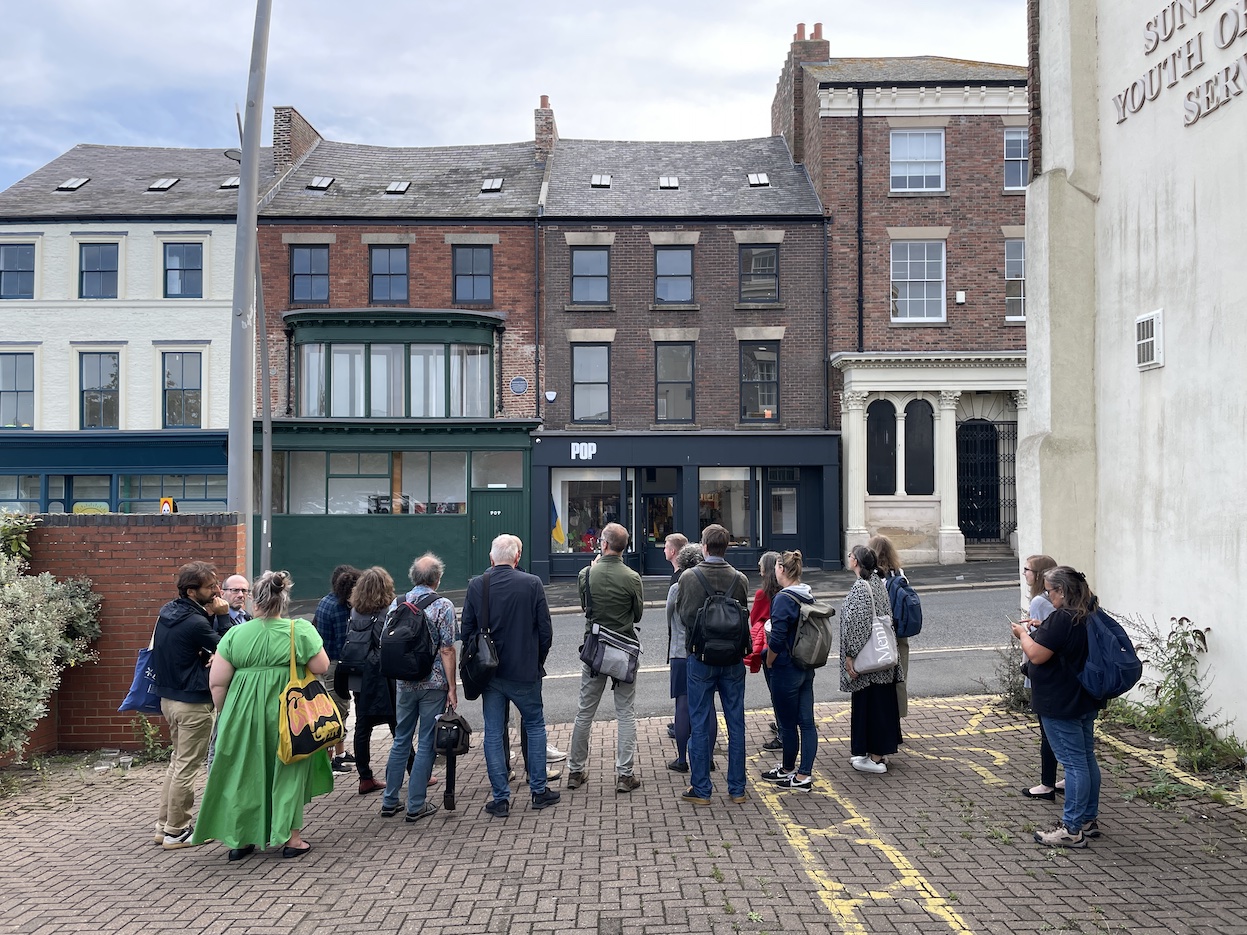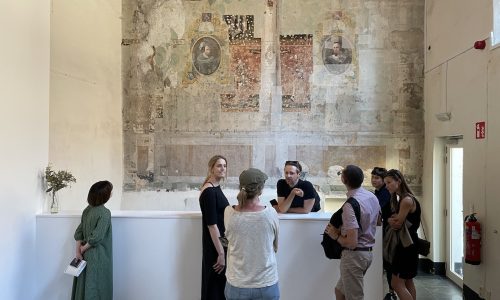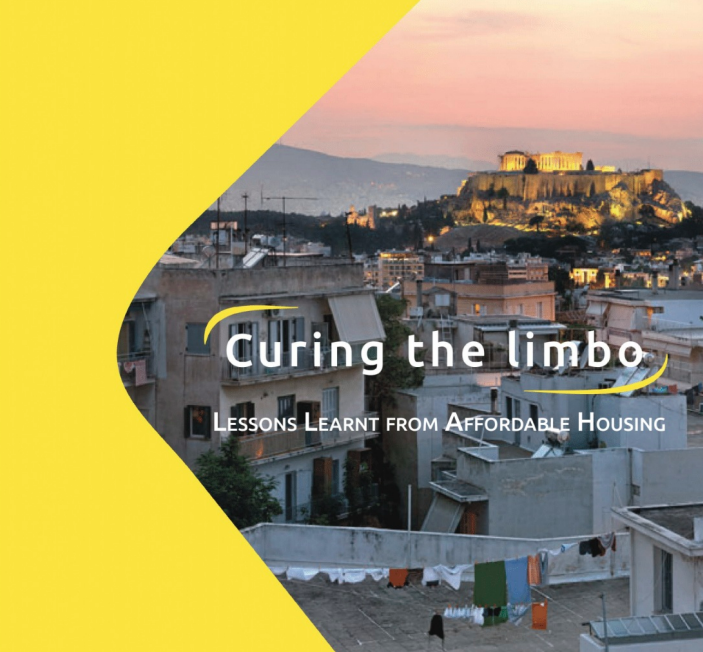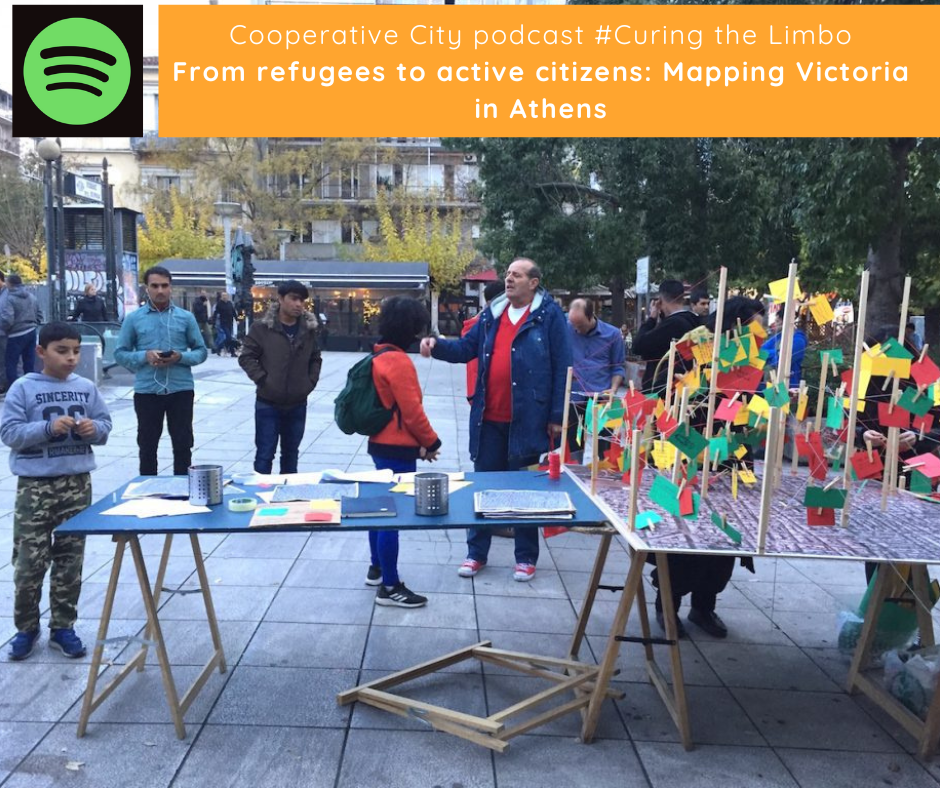Subscribe to our joint NEWSLETTER for
EUTROPIAN &
COOPERATIVE CITY MAGAZINE

Housing is a basic right for all human beings, yet especially in our cities, we see how this is the first element of discrimination and leverage for inequality. Having a home is something not all citizens have a right to, with an increasing number of homelessness across all of Europe. When people do have a home, the conditions in which they live, whether in rental from a public or private owner, or whether in their own homes, is a matter of great disparity in society. Homes can be expensive in relation to the poor conditions with high maintenance and energy costs; homes can be peripheral to the main hubs of services and points of interest in cities; homes can be unstable in the long term due to market instability and tourism pressure. Housing has been at the forefront of community-led initiatives to guarantee the right to an affordable city. It has been leading the way for experiments with innovative and inclusive urban policies. Our work aims at developing new financial and organisational models together with public and civic players in order to promote community-led urban development.


governance strategies with community living conditions. In the EUI project Curing the Limbo, we empowered refugees in Athens by connecting them with affordable housing and fostering community engagement. Refugees received housing from the city’s stock and contributed to local communities through public benefit activities.
We extended our expertise to the UIA-URBACT programme, emphasizing community-led housing, fair finance, and social inclusion. In the JPI-funded HOUSE-IN project, we examined how inclusive housing strategies in urban neighborhoods can enhance integration for both national and international migrants. Through in-depth case studies, interviews, and site visits with key stakeholders, we identified best practices and innovative solutions. Our work resulted in a series of policy briefs designed to assist cities in developing housing strategies that address the specific needs of migrant populations, fostering social inclusion and cohesion.
Throughout the Curing the Limbo project in Athens we developed reports and articles to share the advancement of the local program Europe-wide. We have explored how refugees have turned into active citizens or how education and training activities within the programme help refugees set up of a new home. A detailed overview of the whole learning curve of the Curing the Limbo project can be found in the final publication which recounts the experience and the key learnings. We developed three policy briefs connected to housing for migrants within the House-In project, in which we explored the access to the housing market, the strategies for settling down and belonging as well as how to counteract the discrimination of migrants and newcomers in the housing market. Policy briefs include:
Given the great importance of housing for Eutropian, we have explored a number of practices across Europe and collected articles in our Cooperative City magazine, to share with our readers stories on housing.


| Cookie | Duration | Description |
|---|---|---|
| cookielawinfo-checkbox-analytics | 11 months | This cookie is set by GDPR Cookie Consent plugin. The cookie is used to store the user consent for the cookies in the category "Analytics". |
| cookielawinfo-checkbox-functional | 11 months | The cookie is set by GDPR cookie consent to record the user consent for the cookies in the category "Functional". |
| cookielawinfo-checkbox-necessary | 11 months | This cookie is set by GDPR Cookie Consent plugin. The cookies is used to store the user consent for the cookies in the category "Necessary". |
| cookielawinfo-checkbox-others | 11 months | This cookie is set by GDPR Cookie Consent plugin. The cookie is used to store the user consent for the cookies in the category "Other. |
| cookielawinfo-checkbox-performance | 11 months | This cookie is set by GDPR Cookie Consent plugin. The cookie is used to store the user consent for the cookies in the category "Performance". |
| viewed_cookie_policy | 11 months | The cookie is set by the GDPR Cookie Consent plugin and is used to store whether or not user has consented to the use of cookies. It does not store any personal data. |
